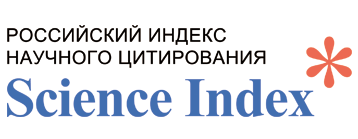OXIDATIVE DESULFURIZATION OF THE STRAIGHT-RUN GASOLINE FRACTION FROM THE GAS CONDENSATE OF THE KARACHAGANAK FIELD
Keywords:
gas condensate, motor gasoline, hydrogen peroxide, feedstock, oxidative desulfurization, gasoline fractionAbstract
An annual increase in the consumption of the automobile fuels makes us look for new ways of their obtaining. It is also important that the environmental and operational requirements for the quality of the motor fuels, obtained during oil production (associated petroleum gas, gas condensate) are systematically made more rigorous. One of the ways to solve the problems described above is to use the process of oxidative desulfurization to improve the quality of the petroleum products. In this case, oxidative desulfurization of the straight-run gasoline fraction, obtained from the gas condensate of the Karachaganak field, has been carried out. The oxidation process has been carried out with hydrogen peroxide in the presence of salts of the transition metals, molybdenum and vanadium. The optimal technological parameters (Patm, T=600C, 2 h, H2O2:S=4:1 (mol), Me:S=1:100 (mol)) of the oxidation process for the straight-run gasoline fractions have been selected. Under the optimal conditions of the oxidation process, the total sulfur content has been reduced by 89.9%. It has been shown that the molybdenum compounds exhibit greater activity in the oxidation of sulfur-containing compounds at a temperature of 600C, as compared to the vanadium compounds. A schematic diagram of the purification of the gasoline fractions from the sulfur-containing compounds by oxidative desulfurization, followed by its extraction desulfurization with the most effective N,N-dimethylformamide has been presented.

















